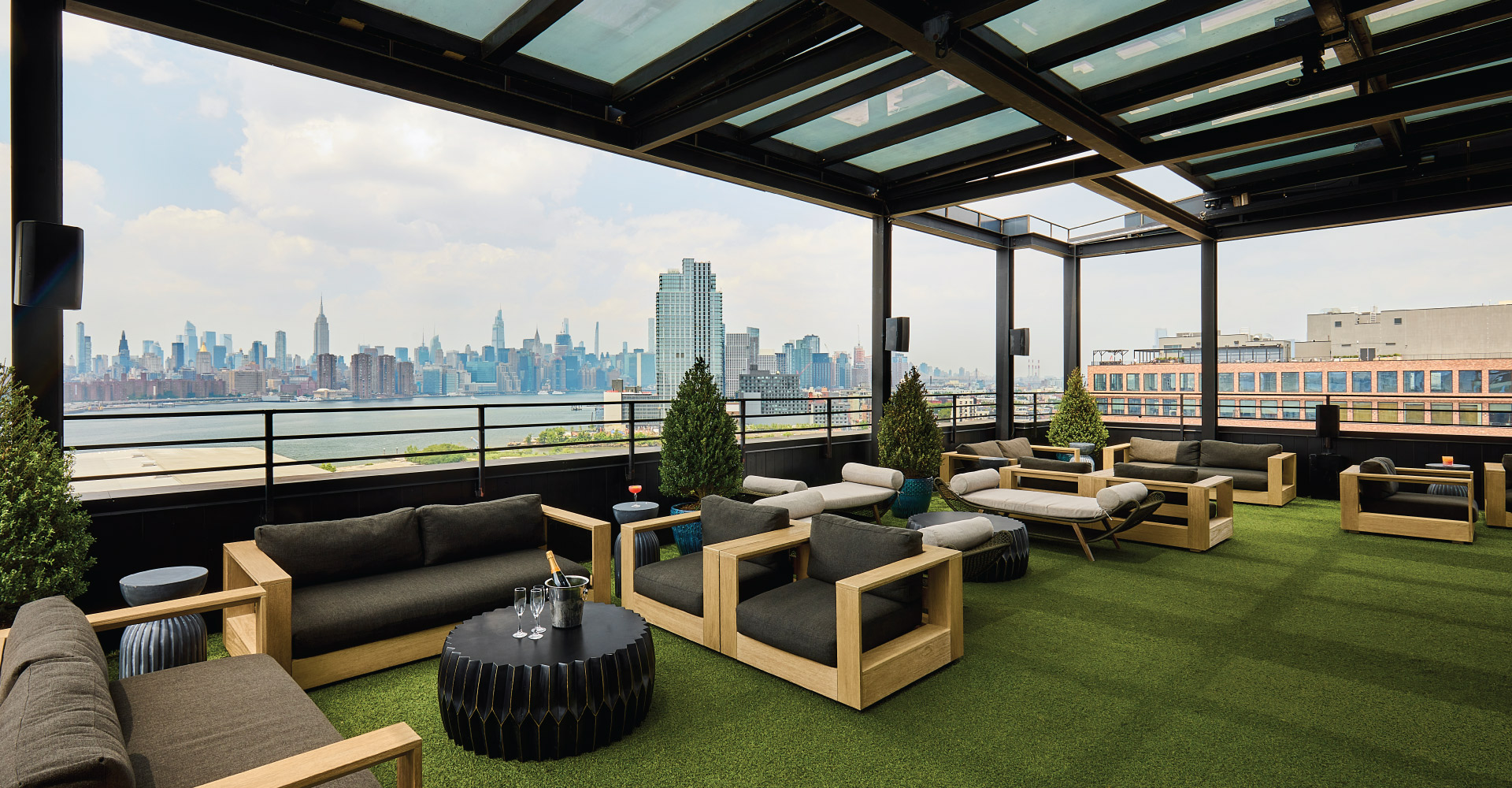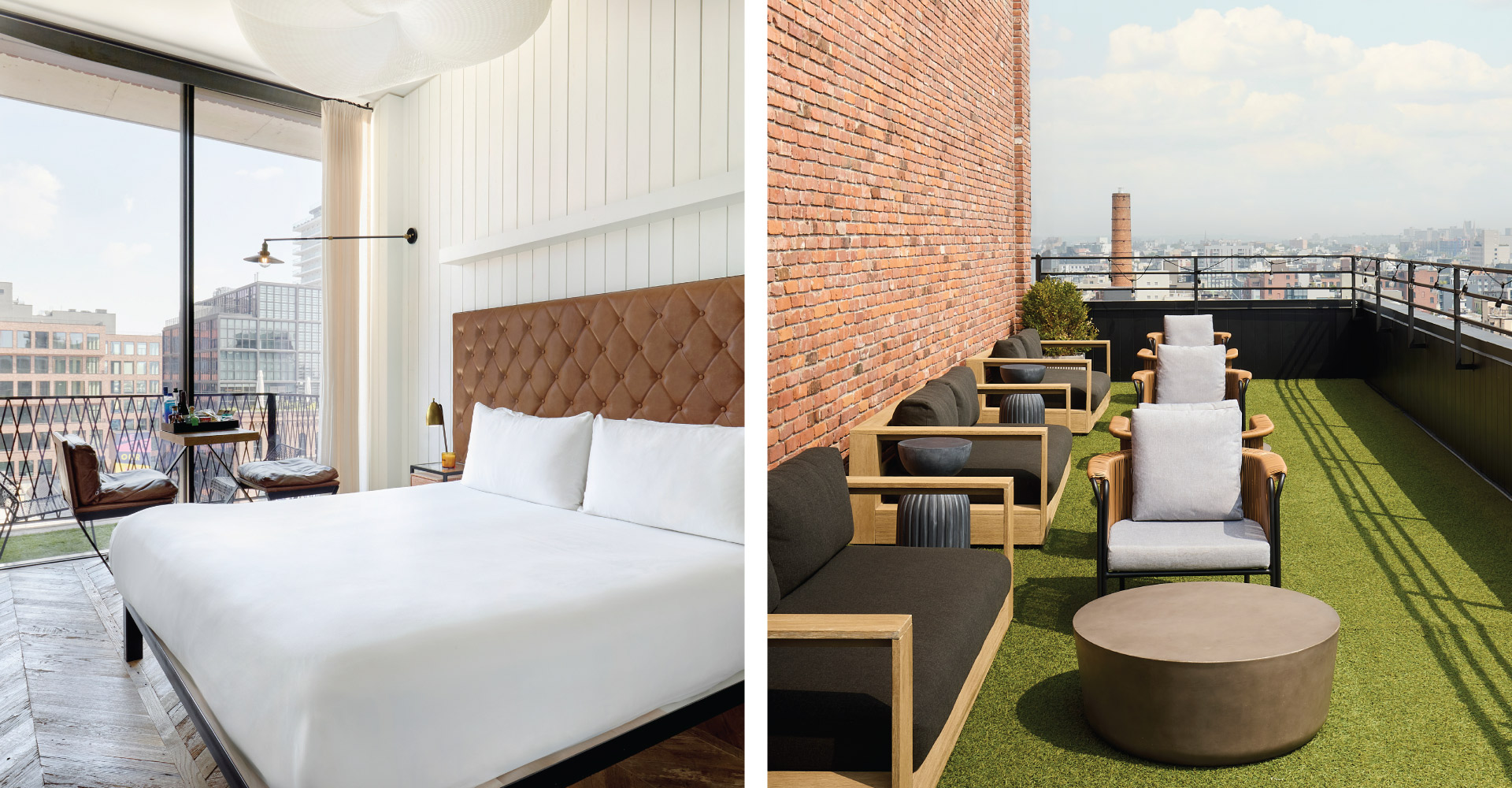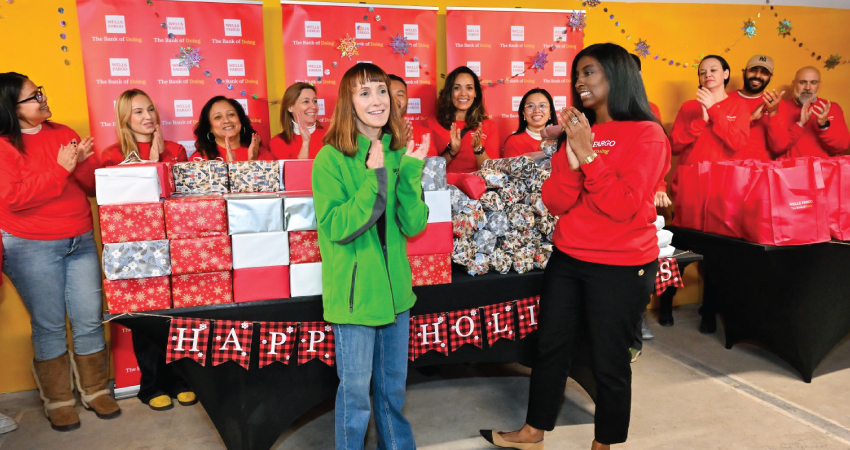Strengthen individuals, families and communities by developing and sustaining exceptional supportive and affordable housing as well as programs for homeless and other vulnerable New Yorkers.
Why is it important?
Breaking Ground is New York’s largest nonprofit developer and operator of permanent supportive housing, which is just what it sounds like – affordable housing paired with onsite supportive services designed to help people overcome and avoid homelessness for good. The organization was founded in 1990 to renovate and convert the then-dilapidated Times Square Hotel into the largest permanent supportive residence in the country at 650 units. The success of that project, which is still in operation today, was followed by the development of nearly twenty more buildings and the transformation of thousands of lives.
New York City is facing a persistent homelessness and affordable housing crisis, during which homelessness has reached levels not seen since the Great Depression of the 1930s. Breaking Ground keeps its focus on among the most visible and difficult part of this issue – unsheltered and chronic homelessness. People who live on the streets often face a multitude of challenges, including mental illness, substance use disorder, and chronic health conditions. Navigating the process of acquiring housing without help is nearly impossible for this cohort of people. By getting unsheltered New Yorkers connected to a continuum of services that can meet their needs, Breaking Ground helps to improve lives, save public dollars, and build stronger and more vibrant communities. Today, Breaking Ground runs nearly 4,500 permanent apartments across the five boroughs – with 2,000 more in development – providing safe, stable, beautiful housing for those who need it most.









